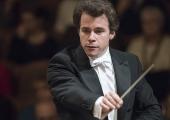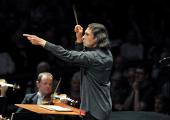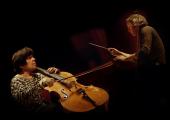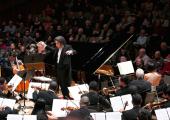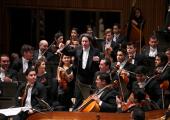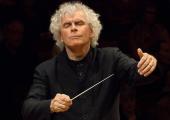St Matthew Passion, Bach Choir, Florilegium, Hill, RFH

Impressive choral singing ensures focus in large-scale Bach
The annual Bach Choir St Matthew Passion is a satisfying mix of new and old. The tradition dates back to 1930, and, as was the fashion then, the choir employed is huge. Applause is kept to a minimum, another nod to tradition, as is the translation of the text into English.


